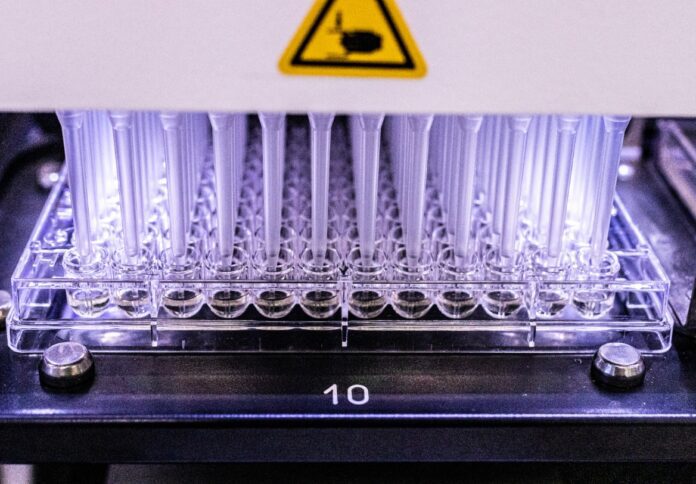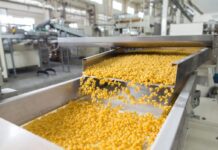
A collaborative effort between CSIRO and Main Sequence Ventures has unveiled Australia’s strides in adhering to ten recommendations outlined in the National Synthetic Biology Roadmap.
The latest report, jointly compiled by the two entities projects that synthetic biology, could establish an industry generating up to $30 billion annually by 2040, with the potential to spawn over 50,000 new jobs.
Synthetic biology, also known as engineering biology, stands at the forefront of science, employing engineering methodologies and advanced genetic technologies to swiftly devise innovative solutions from life’s fundamental components, CSIRO said in a news release.
The Synthetic Biology National Progress Report serves as an update to the 2021 National Synthetic Biology Roadmap, which initially projected an annual revenue of $27 billion and 44,000 jobs by 2040.
Subsequent projections have elevated these figures, signalling a surge in potential economic growth and job creation.
Notably, Australian synthetic biology startups have attracted over $363 million in capital investments over the past three years, with agriculture and food applications leading both in startup representation (over 45 per cent) and capital raised ($290 million).
According to Greg Williams, CSIRO’s Health and Biosecurity Futures lead, Australia has cultivated a robust synthetic biology research and development ecosystem, buoyed by approximately $44.5 million in research grants dispensed over the last three years.
While acknowledging this progress, Williams stresses the need for heightened international collaboration and domestic leadership to fortify the ecosystem further.
The report evaluates Australia’s advancement against ten pivotal recommendations outlined in the National Synthetic Biology Roadmap, highlighting commendable progress in research commercialisation and infrastructural investments.
However, it identifies areas requiring additional focus, such as fostering international collaboration, nurturing talent, and reinforcing leadership and governance structures.
Gabrielle Munzer, partner at Main Sequence Ventures, underscored the transformative potential of venture capital investment in synthetic biology, noting its capacity to address global challenges spanning food production to environmental sustainability.
Main Sequence Ventures has backed numerous pioneering companies engaged in synthetic biology applications, collectively raising over $100 million in funding and creating 135 jobs to date.



















